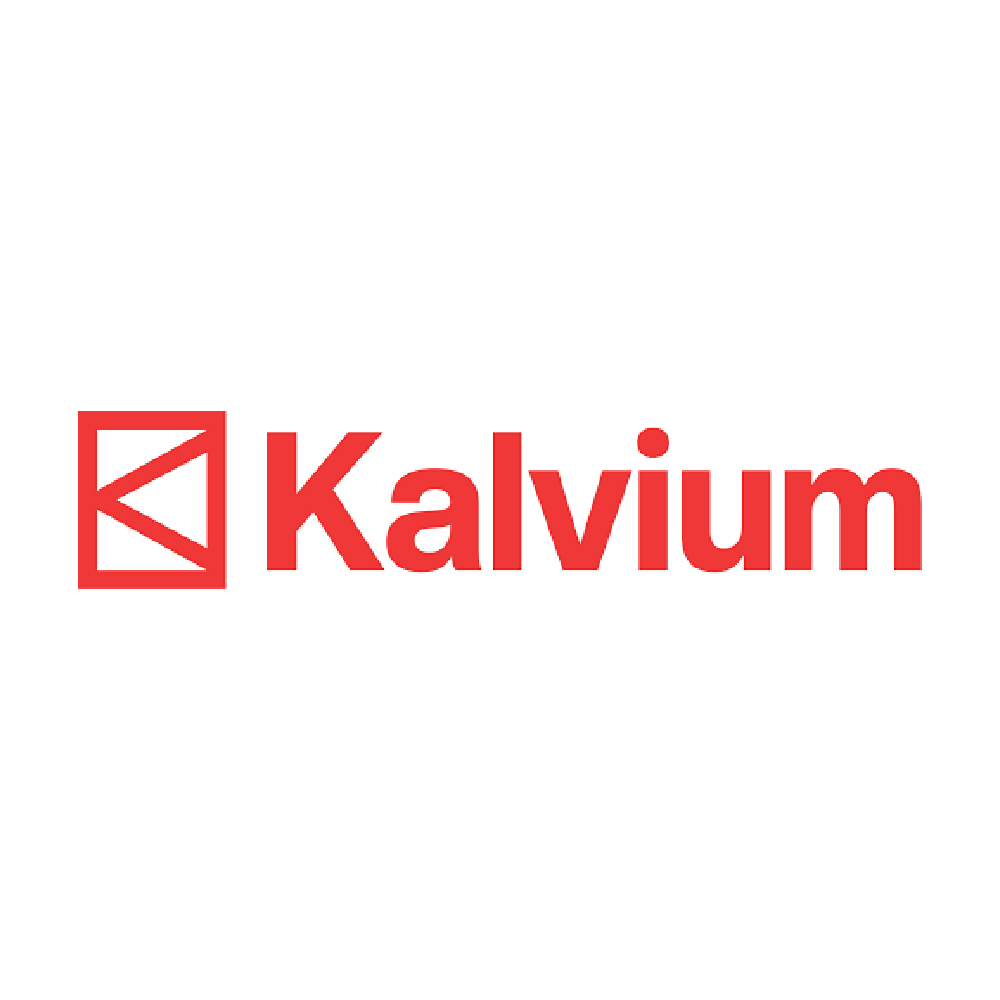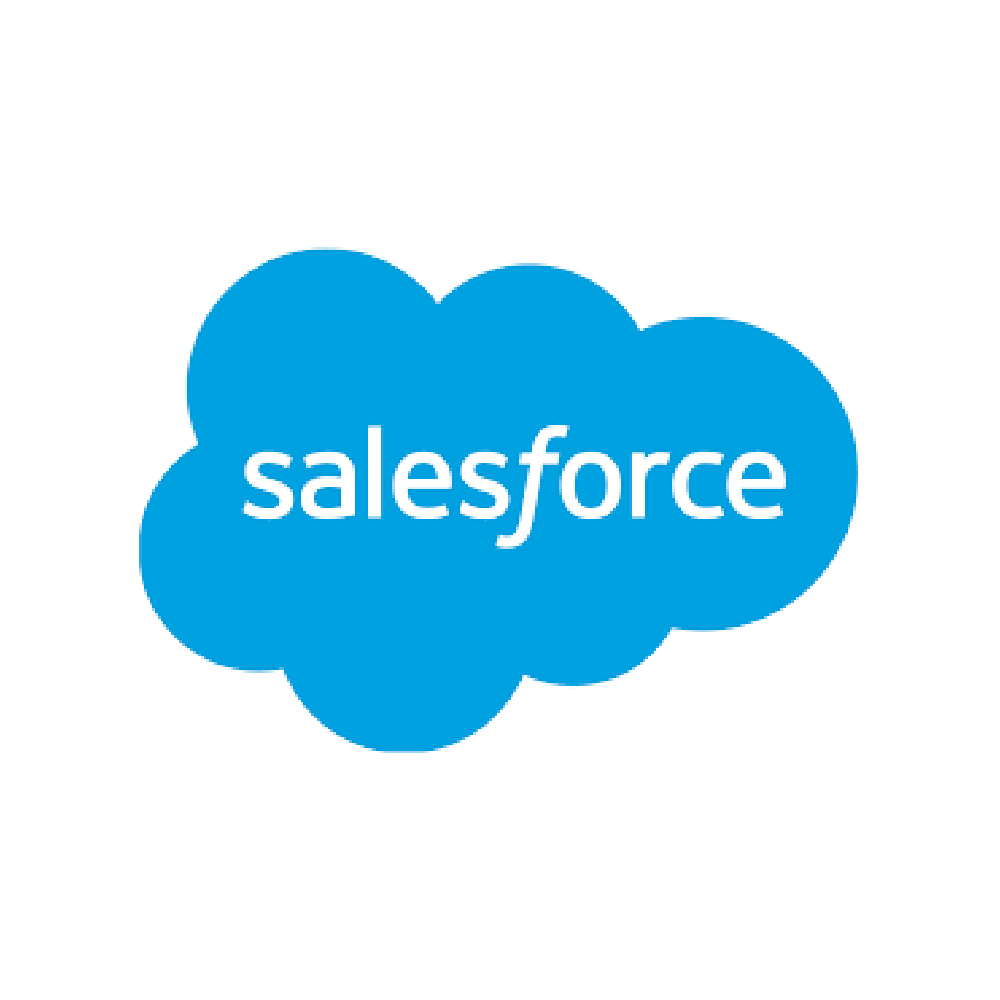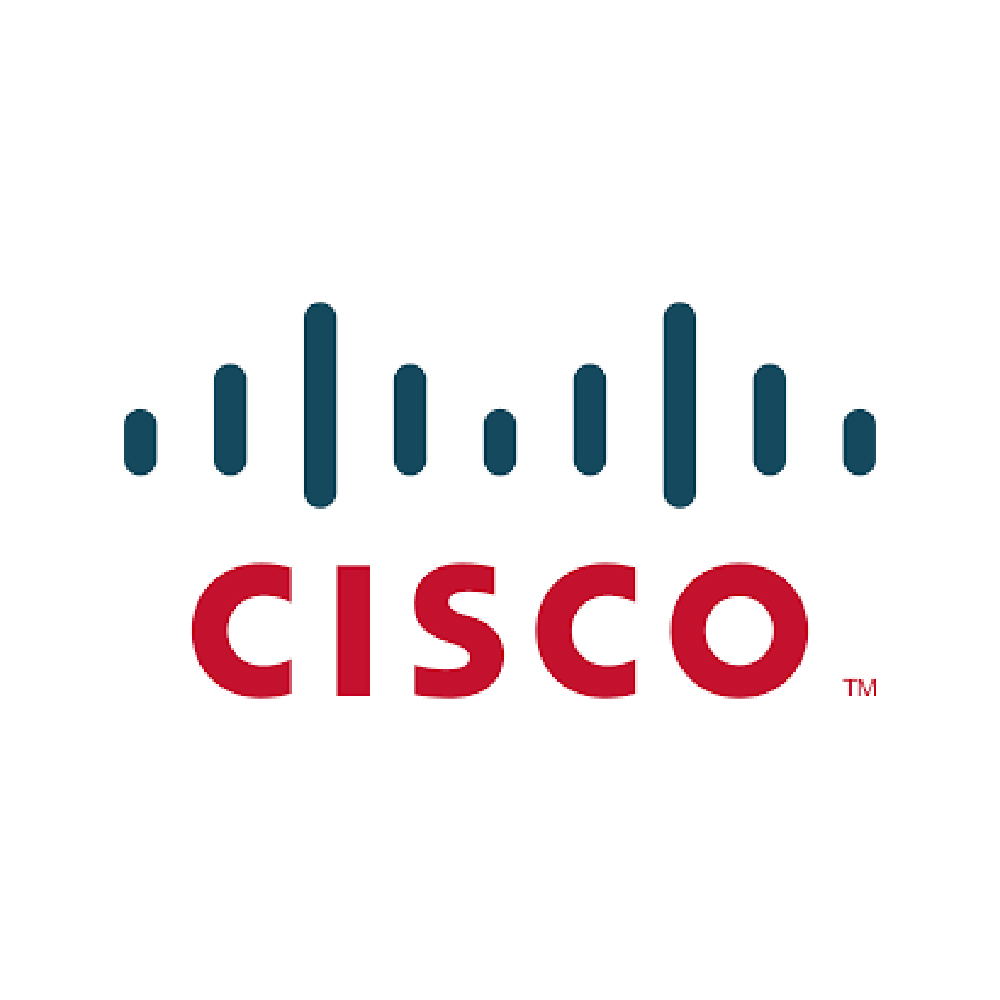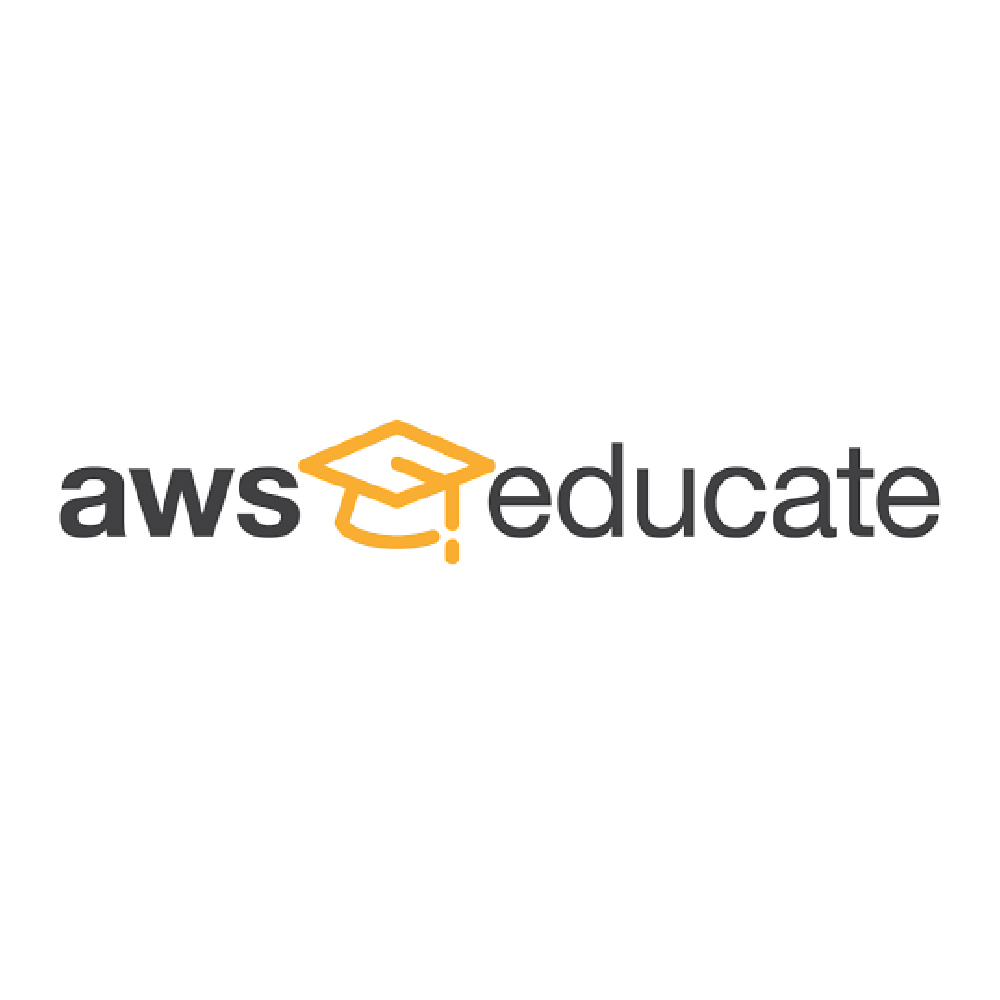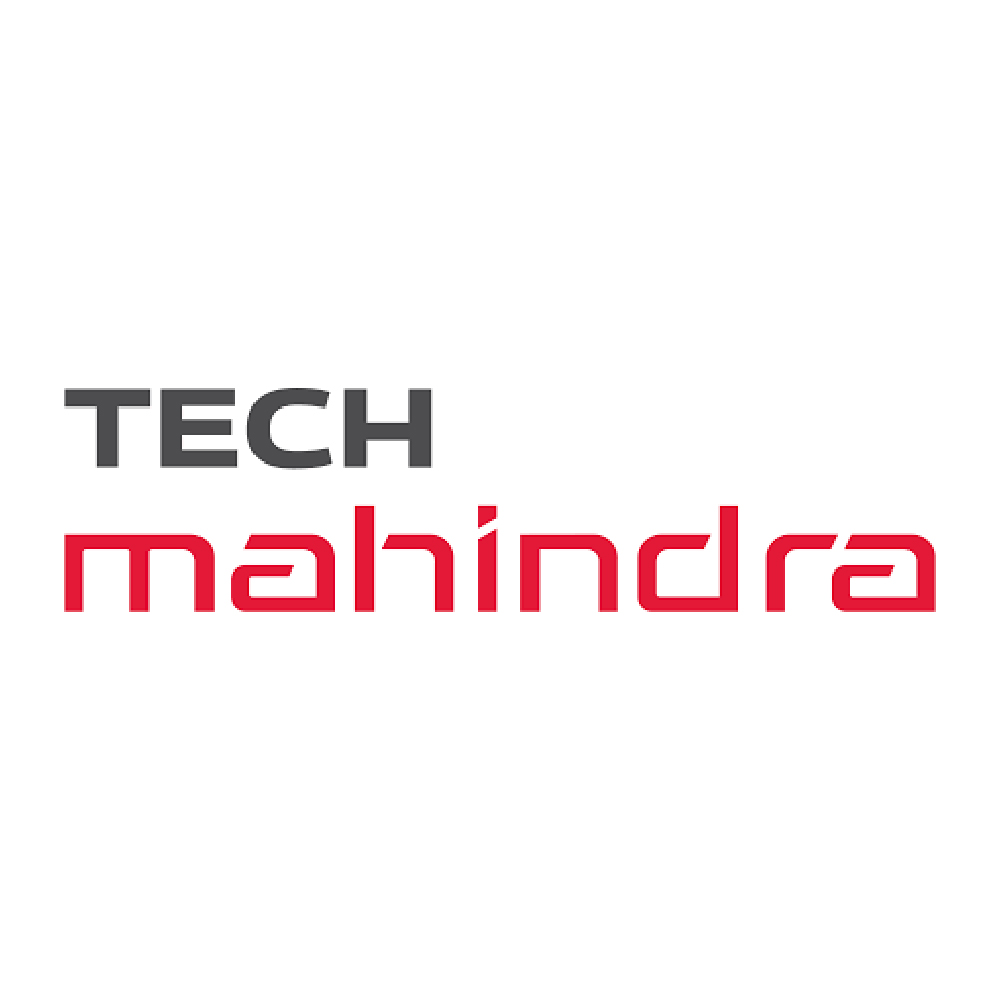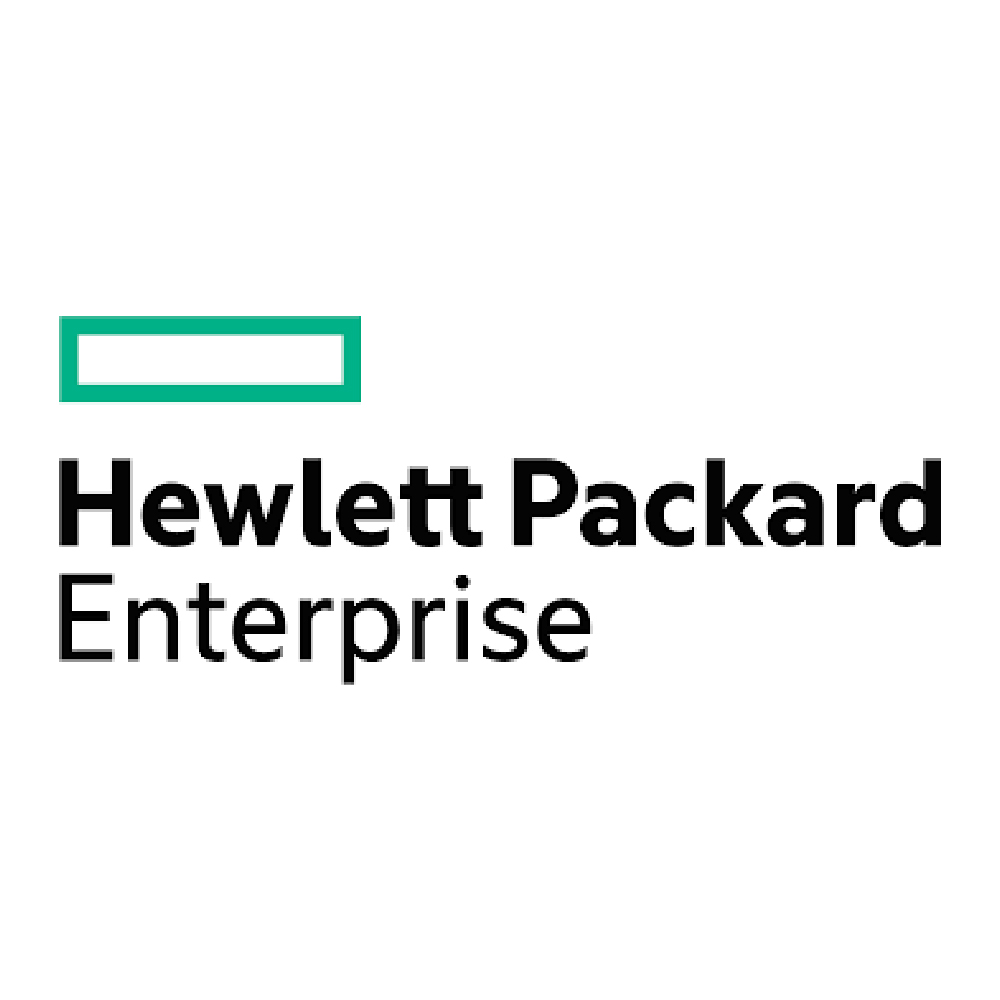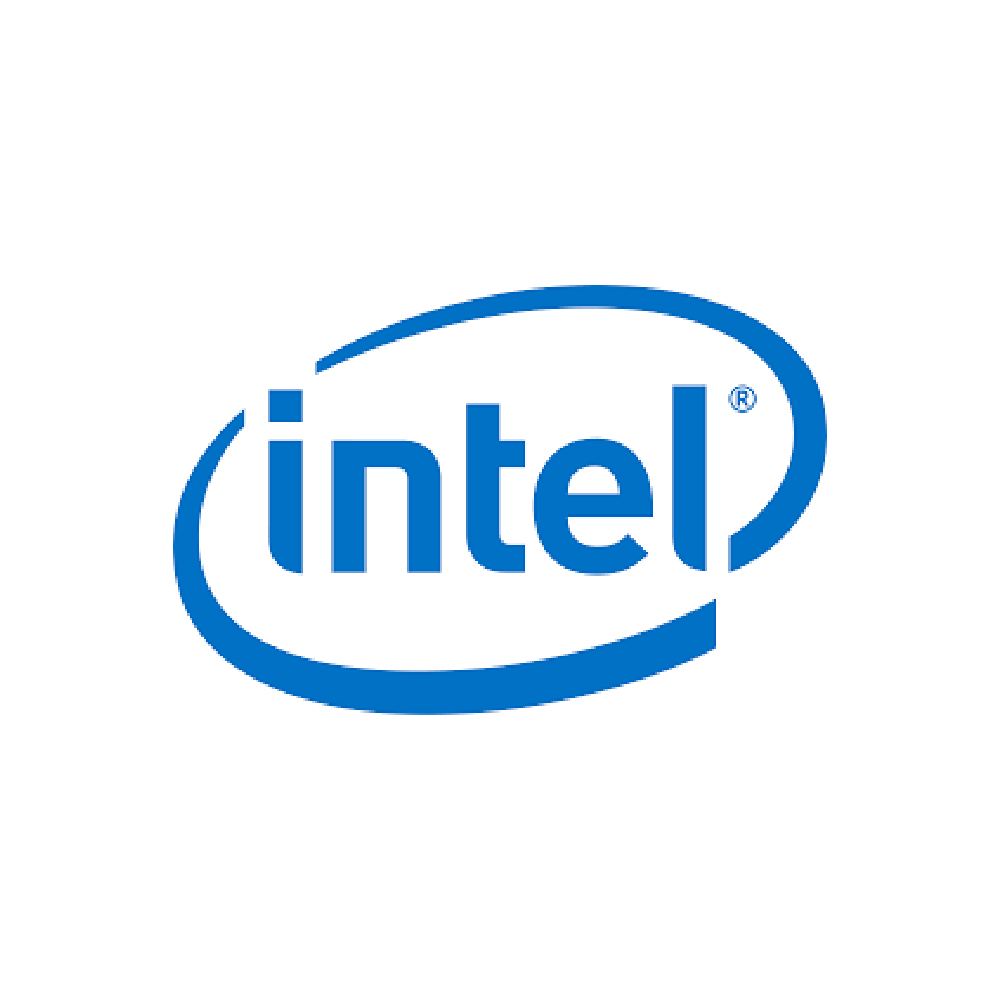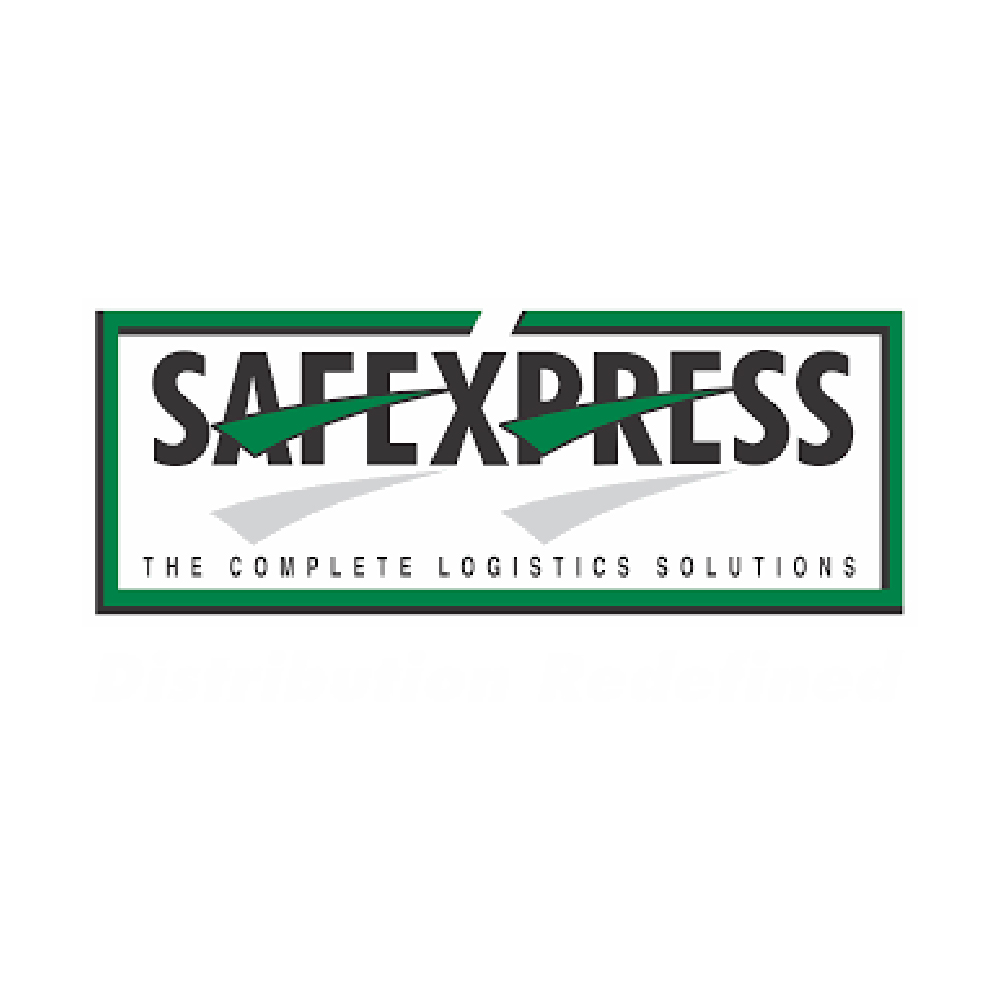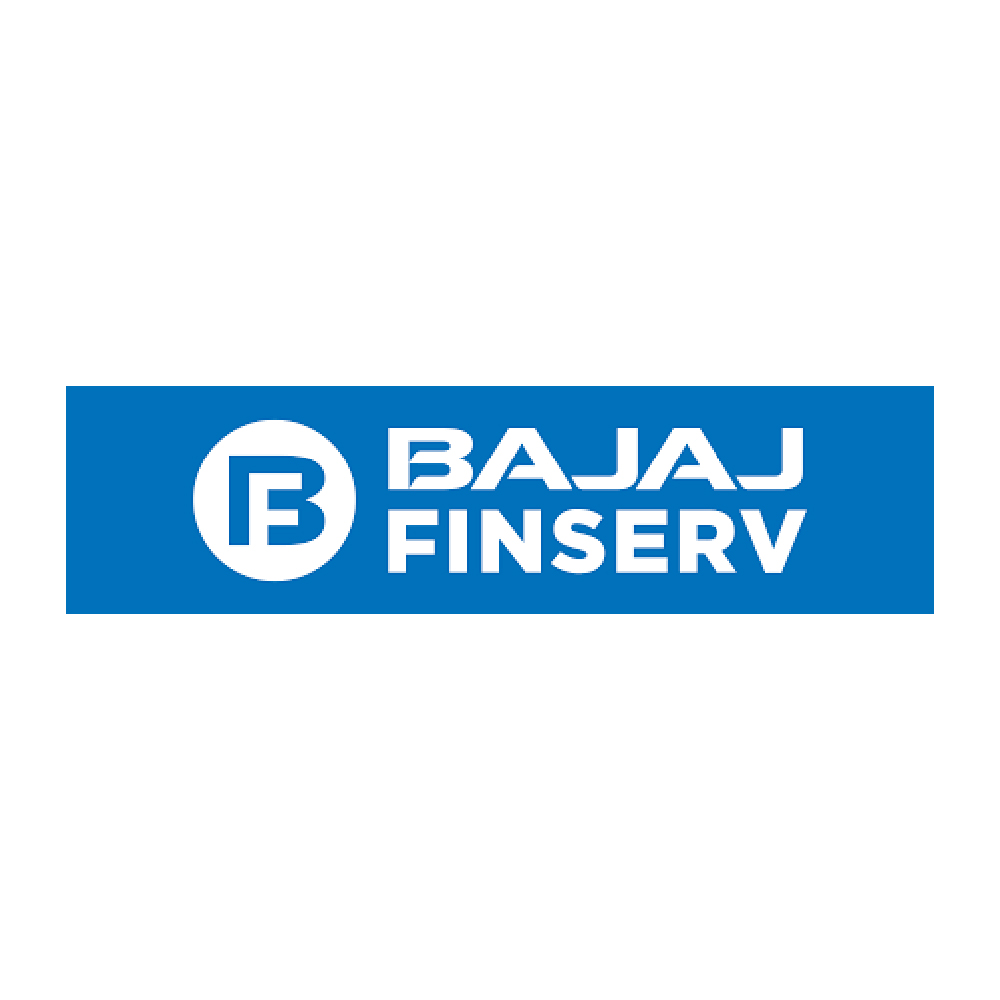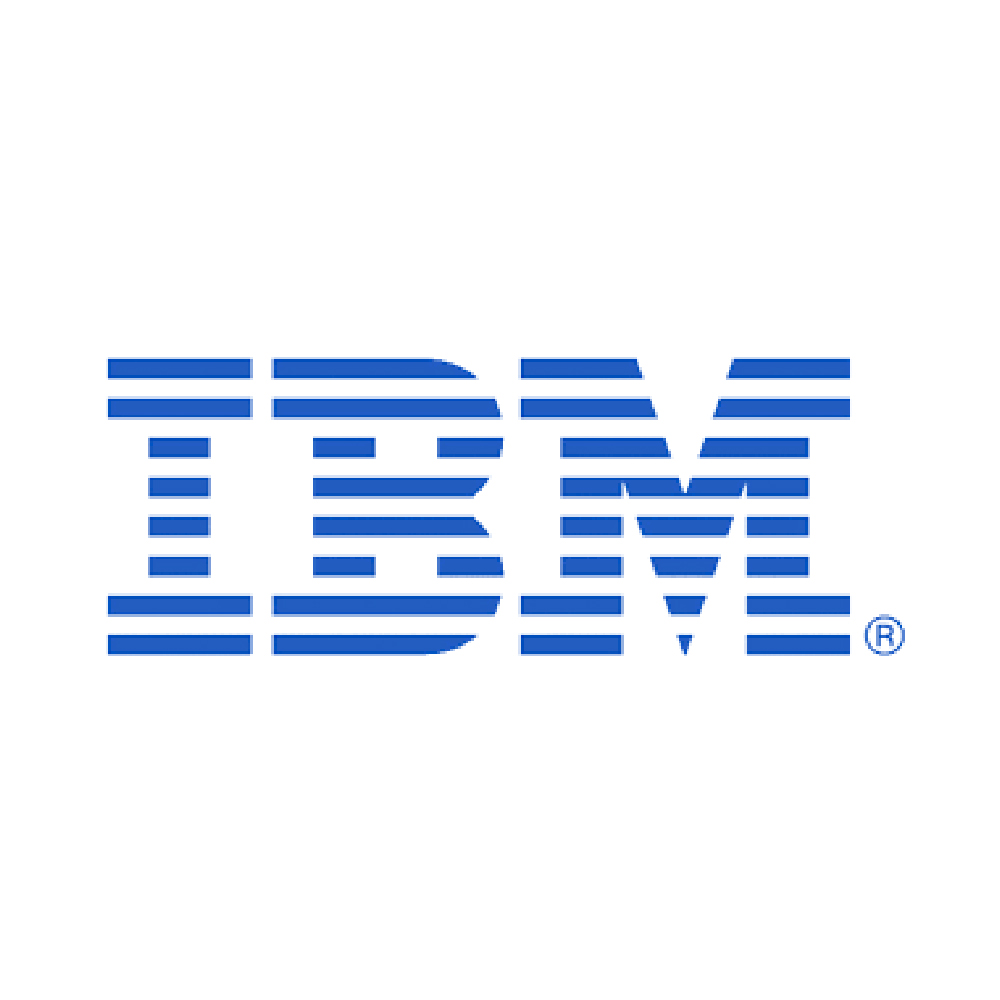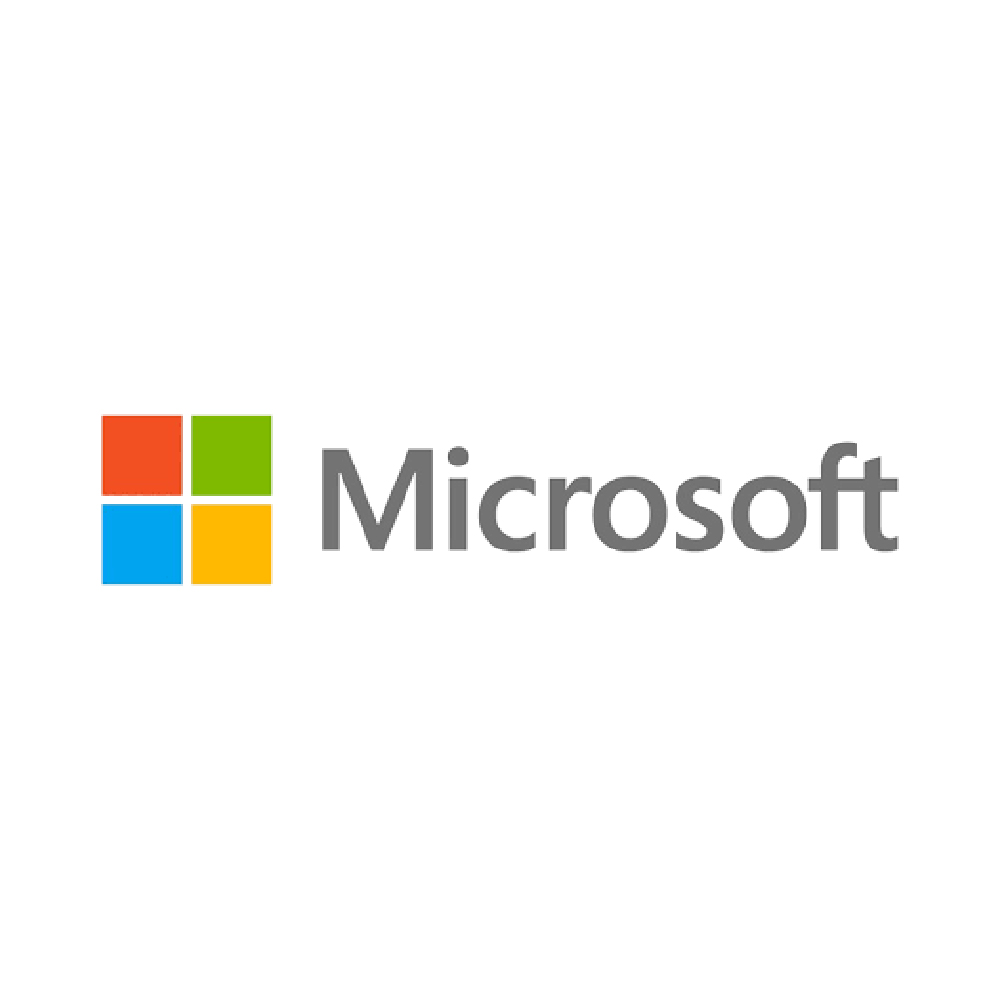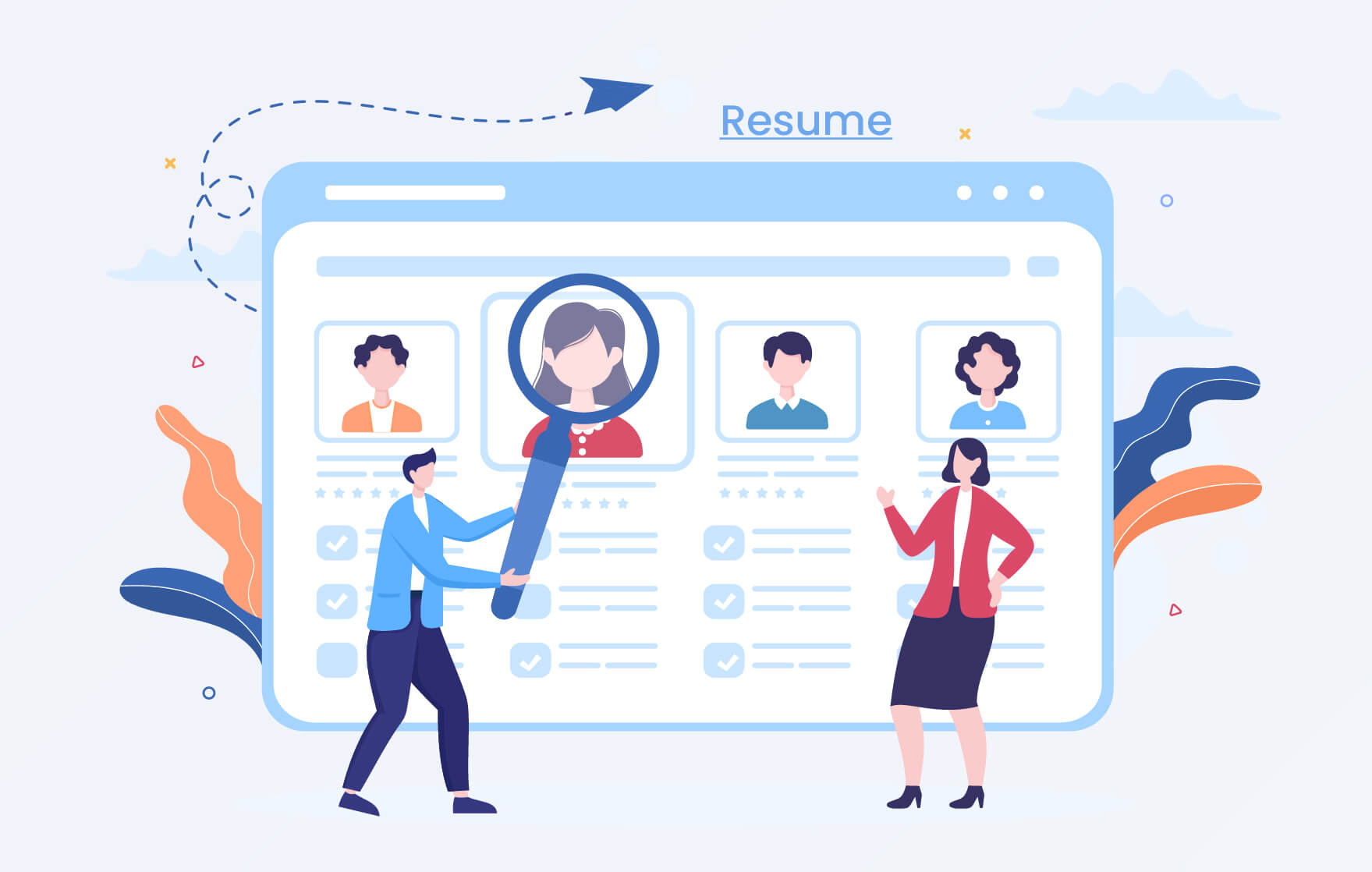30 Days (Introduction to DevOps)
In the first phase, you will dive into the fundamentals of DevOps, starting with an overview of DevOps principles and its lifecycle. You'll gain an understanding of Continuous Integration, Continuous Delivery, and Deployment (CI/CD), which are at the heart of DevOps practices. You’ll also learn basic Linux skills and shell scripting to navigate and automate tasks in a DevOps environment.
The course will introduce you to version control using Git and GitHub, covering key concepts such as version control, branching, and merging. You'll also get hands-on experience with build automation tools like Maven and Gradle, setting a strong foundation for managing and automating your codebase.
The next module focuses on containerization, an essential component of modern DevOps. You will learn the basics of Docker, including how to create and manage Docker images and containers. You'll also get practical experience writing Dockerfiles and managing multi-container applications with Docker Compose.
Finally, you’ll get hands-on experience with Jenkins, a popular tool for automating CI/CD pipelines. You will learn how to set up a basic pipeline with Jenkins and integrate Docker for continuous delivery.
45 Days (Intermediate DevOps Development)
Building on the knowledge from the introductory phase, the intermediate module dives deeper into advanced version control and build automation practices. You'll master advanced Git workflows, including rebase, stash, and hooks, and enhance your Maven/Gradle skills for managing project dependencies.
Next, the course explores advanced Docker techniques, including multi-stage builds to optimize Docker images and working with Docker networking and volumes to manage containerized applications effectively.
In the second half of this phase, you will be introduced to Kubernetes, a powerful container orchestration platform. You'll learn the core Kubernetes concepts, such as pods, deployments, and services, and gain practical experience setting up a Kubernetes cluster and deploying containerized applications.
The course concludes with configuration management, where you’ll learn to automate infrastructure provisioning using Ansible. You will write playbooks, create roles, and manage the configuration of your servers, ensuring your infrastructure is scalable and reproducible.
60 Days (Advanced DevOps Practices)
At this stage, you'll learn advanced DevOps techniques to scale your workflows. The first module focuses on advanced CI/CD practices using Jenkins, including scripting with Groovy to create dynamic and flexible pipelines. You will also learn how to integrate Docker and Kubernetes with Jenkins to create a fully automated pipeline for building, testing, and deploying applications.
The course then moves into cloud platforms, with a focus on AWS. You’ll explore key AWS services such as EC2, S3, and IAM, and learn how to deploy applications on AWS using Elastic Beanstalk, a service that simplifies the process of application deployment.
In the next module, you'll dive deeper into Kubernetes, learning how to set up and manage Kubernetes services such as load balancers and ingress controllers, which are crucial for ensuring high availability and scalability of your applications. You’ll also learn how to use Helm charts to deploy applications more efficiently.
The final section of this phase covers monitoring and logging. You will learn how to use Prometheus and Grafana for monitoring application performance and gain insight into log management using the ELK stack (Elasticsearch, Logstash, Kibana), which is essential for troubleshooting and maintaining production systems.
90 Days (Comprehensive DevOps Development)
This phase takes a deep dive into advanced DevOps tools and cloud-native technologies. You’ll learn Infrastructure as Code (IaC) using Terraform, allowing you to automate infrastructure provisioning and management. Advanced Ansible skills will also be covered, including the development of complex roles and playbooks for automating large-scale deployments.
You’ll then shift to working with microservices and Kubernetes, learning how to design and deploy microservices architectures using Kubernetes and Docker. You’ll also gain experience in deploying multi-container applications and handling the complexities of scaling microservices.
The cloud segment of this phase delves into advanced AWS topics such as RDS, Lambda, and API Gateway, preparing you to build cloud-native applications. You’ll also focus on security best practices, including secrets management and network security, which are essential for maintaining secure production environments.
The final weeks will focus on advanced monitoring and scaling techniques. You’ll learn how to set up auto-scaling with Kubernetes and AWS to ensure your applications can handle increased traffic and demand. You’ll also cover end-to-end monitoring of CI/CD pipelines and applications, ensuring that your DevOps workflows are fully optimized for performance and reliability.
180 Days (Expert-Level DevOps)
The expert-level phase is designed to prepare you for enterprise-grade DevOps roles. You will master full-stack DevOps practices, including CI/CD pipeline management using Jenkins and GitLab CI/CD, and advanced container orchestration techniques with Kubernetes. You’ll also become proficient in Infrastructure as Code with both Terraform and AWS CloudFormation.
The course then delves into enterprise tools and practices, including advanced Kubernetes features such as Operators and Custom Resource Definitions (CRDs). You’ll also explore the service mesh concept with Istio, which allows you to manage microservices communication, security, and monitoring in a scalable way. Advanced monitoring and alerting with Prometheus will also be covered.
Next, the course focuses on DevSecOps, which integrates security practices into the DevOps pipeline, ensuring your applications are secure from development to deployment. You’ll also learn about serverless frameworks for cloud-native development, giving you the ability to build scalable applications without managing the underlying infrastructure.
The final month of the course is dedicated to a capstone project that will challenge you to build an enterprise-grade application involving CI/CD, Kubernetes, and cloud deployment. You’ll also receive support for resume building, portfolio creation, and mock interviews to help you prepare for industry interviews.
By the end of this course, you will be fully equipped with the skills and knowledge required to implement DevOps practices in real-world environments, from basic tasks to complex enterprise-level projects.



.png)


